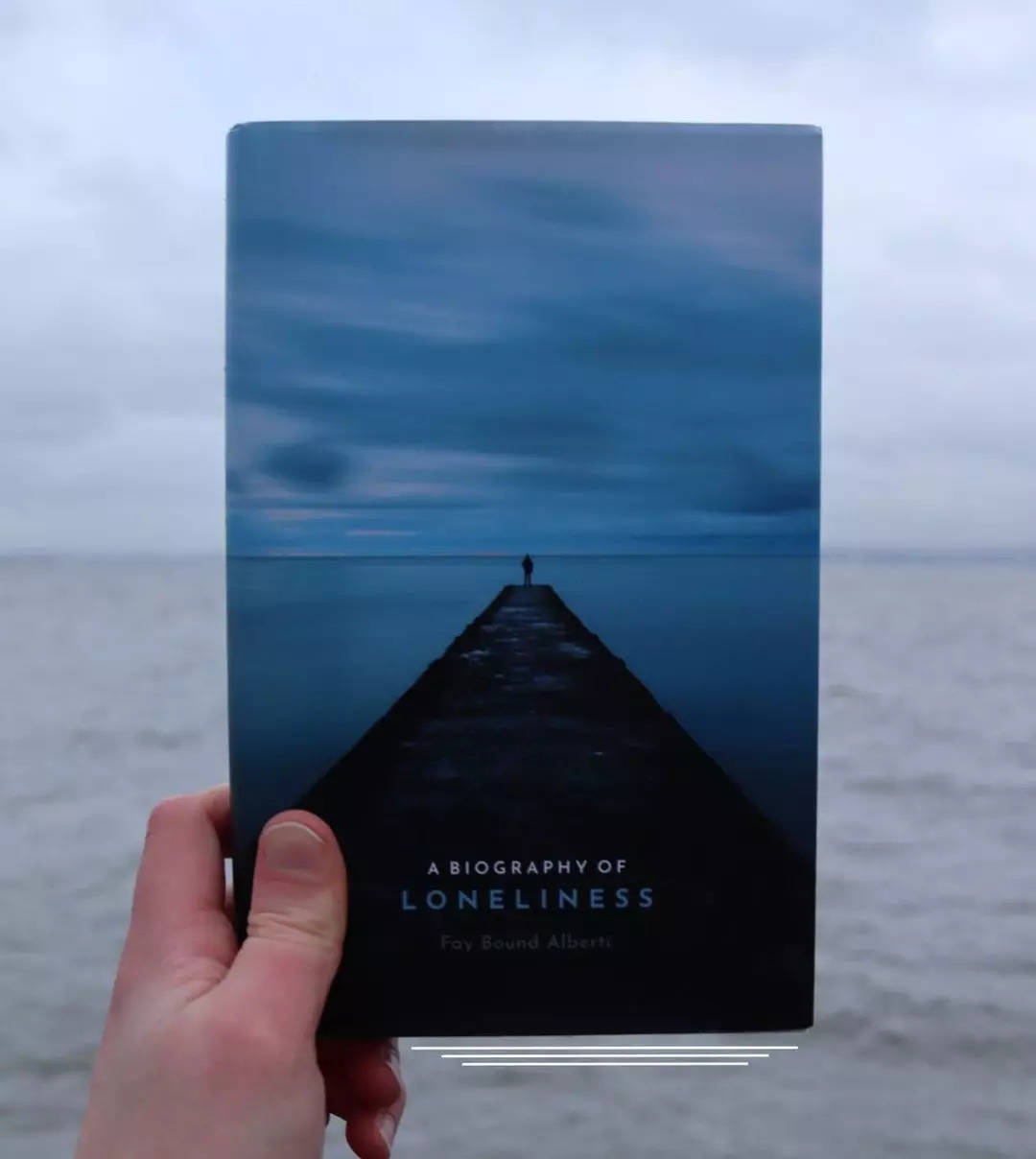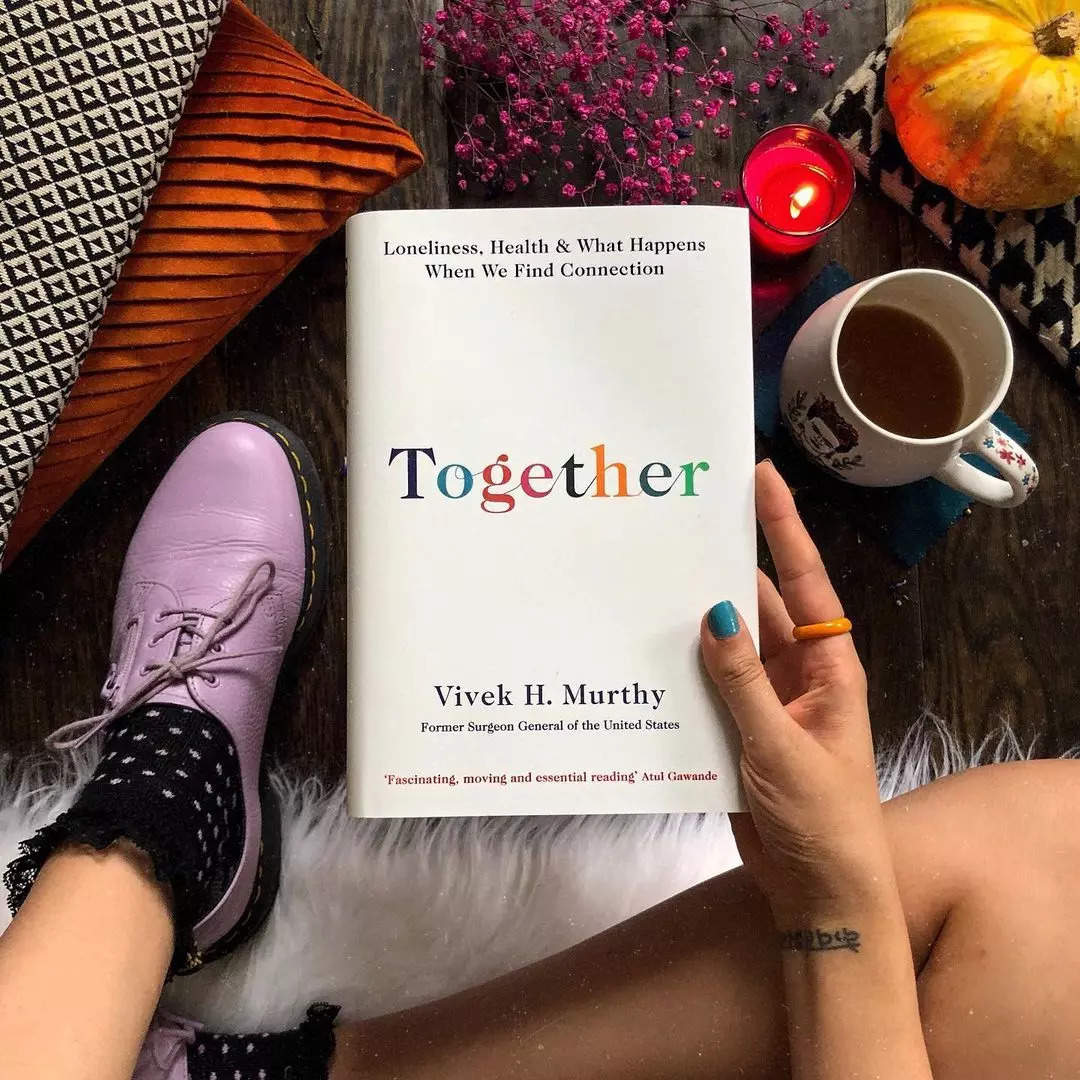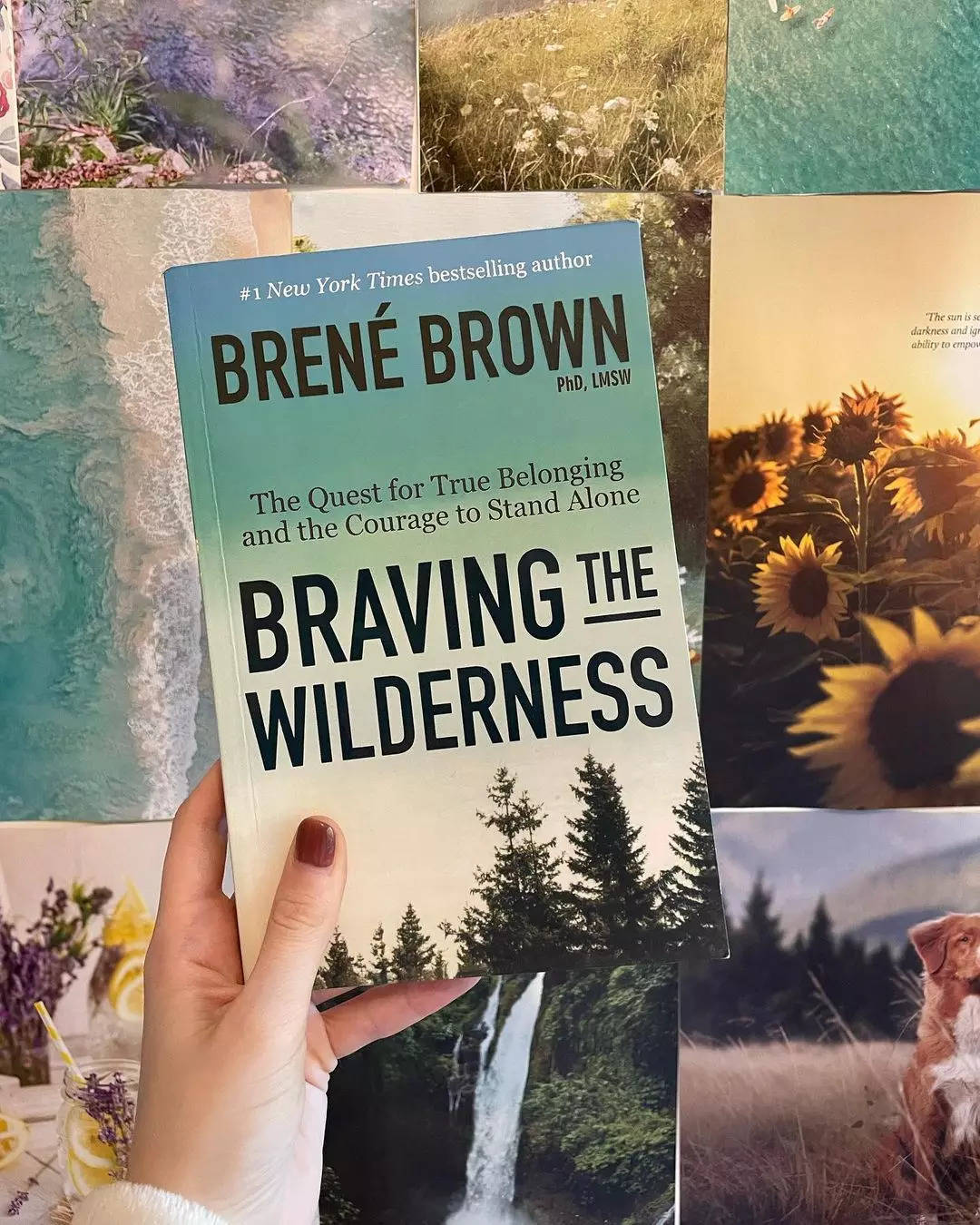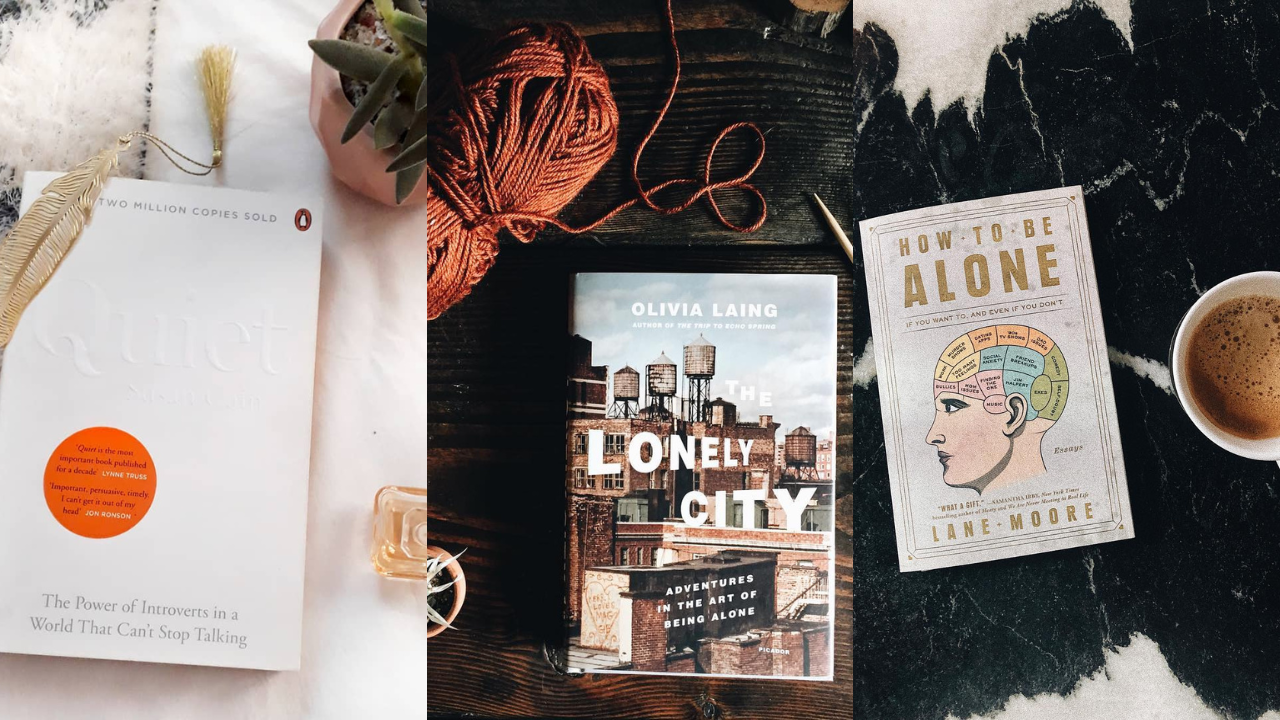10 books on the psychology of loneliness and how to deal with it (Image credit: Instagram)
Loneliness Loneliness is a universal human experience, often misunderstood and stigmatized. While loneliness can be a source of peace and self-reflection, it can also lead to feelings of isolation and despair when not managed well. Understanding the psychology of loneliness and learning how to manage it can transform these emotions into opportunities for personal growth. books delve into the complexities of loneliness, offering insights, research, and practical advice on how to embrace loneliness in a positive way.
1. The Lonely City: Adventures in the Art of Being Alone, by Olivia Laing
Laing explores her personal experience with loneliness while living in New York City, combining her memoir, art criticism, and cultural history. She examines the lives of artists such as Edward Hopper and Andy Warhol, who transformed their loneliness into creativity. Laing’s reflections offer an insightful look at how solitude can foster artistic expression, making this a thought-provoking read for anyone grappling with feelings of isolation.
2. Loneliness: Human Nature and the Need for Social Connection, by John T. Cacioppo and William Patrick
Cacioppo, a leading researcher in the science of loneliness, presents a comprehensive exploration of how loneliness affects our mental and physical health. The book combines cutting-edge neuroscience with personal stories, highlighting the evolutionary roots of our need for social bonds. It provides readers with a deeper understanding of loneliness as a biological signal rather than a mere emotional state, fostering healthier connections.
3. Biography of loneliness: Story of an emotion by Fay Bound Alberti
This book takes readers on a historical journey tracing the evolution of loneliness from a rare emotion in the Middle Ages to a widespread social problem today. Alberti argues that loneliness is not just a personal feeling, but also a product of cultural, technological, and social changes. His work encourages readers to view loneliness as a complex and dynamic emotion shaped by time and context.

4. Solitude: A Return to the Self by Anthony Storr
Storr’s classic work delves into the positive aspects of solitude, emphasizing how time alone can lead to creativity, self-discovery, and personal growth. Storr challenges the stigma surrounding loneliness, arguing that solitude is essential to mental health. The book offers valuable insights into the psychology of some of history’s greatest thinkers, demonstrating how periods of isolation have been crucial to their achievements.
5. Together: The Healing Power of Human Connection in a Sometimes Lonely World, by Vivek H. Murthy
Former U.S. Surgeon General Vivek Murthy discusses the public health crisis of loneliness, which he describes as an epidemic affecting millions of people around the world. Drawing on scientific research, personal stories, and cultural perspectives, Murthy highlights the profound impact of social connection on our well-being. The book offers strategies for fostering meaningful relationships, reminding us of the essential human need for connection and community.

6. How to Be Alone: If You Want to, and Even If You Don’t, by Lane Moore
This self-help book and autobiography offers an honest and humorous look at what it means to be alone. Moore, a comedian and writer, shares her experiences with loneliness and provides practical advice on how to find comfort in solitude. Through candid reflections and relatable anecdotes, the book serves as a comforting guide for those struggling with loneliness, making it both insightful and entertaining.
7. The Consolations of Solitude: Recovering Introspection in the Digital Age, by Olivia Fane
Fane’s book argues that the digital age has complicated our relationship with solitude, often leaving us feeling more connected but lonelier than ever. Fane advocates embracing solitude as a powerful tool for introspection and personal growth. Through a mix of philosophy, psychology, and personal reflections, Fane makes a compelling case for reclaiming the value of time spent alone in an overstimulated world.
8. Facing the Wilderness: The Search for True Belonging and the Courage to Stand Alone, by Brené Brown
Brené Brown’s book delves into the concept of true belonging, which often involves the courage to be independent. It explores how embracing vulnerability and authenticity can help us find connection even when we feel most isolated. Brown’s insights encourage readers to find strength in their loneliness, framing it as a path to self-acceptance and meaningful relationships.

9. The Art of Solitude by Stephen Batchelor
Batchelor’s book is a philosophical exploration of solitude, based on Buddhist principles and her own life experiences. She emphasizes solitude as a practice, not just a state, and invites readers to engage with their inner world consciously. Through meditative reflections, Batchelor offers guidance for embracing solitude as a source of creativity, clarity, and personal freedom.
10. Stillness: The Power of Introverts in a World That Can’t Stop Talking, by Susan Cain
While not solely about solitude, Cain’s book highlights the strengths of introversion and the value of solitude. It explores how society often undervalues quiet reflection and solitary pursuits, and offers a celebration of those who thrive in their own company. Cain’s work empowers introverts to embrace their natural tendencies and find fulfillment without conforming to extroverted ideals.
Loneliness and isolation, though often feared, are integral to the human experience. The books mentioned above offer diverse perspectives on these emotions, from scientific explorations to personal reflections and historical accounts. They remind us that solitude can be a powerful tool for self-discovery, creativity, and personal growth. By understanding and embracing our time alone, we can transform solitude into a source of strength and resilience, ultimately enriching our lives and deepening our connections with others.
Disclaimer:
The information contained in this post is for general information purposes only. We make no representations or warranties of any kind, express or implied, about the completeness, accuracy, reliability, suitability or availability with respect to the website or the information, products, services, or related graphics contained on the post for any purpose.
We respect the intellectual property rights of content creators. If you are the owner of any material featured on our website and have concerns about its use, please contact us. We are committed to addressing any copyright issues promptly and will remove any material within 2 days of receiving a request from the rightful owner.

